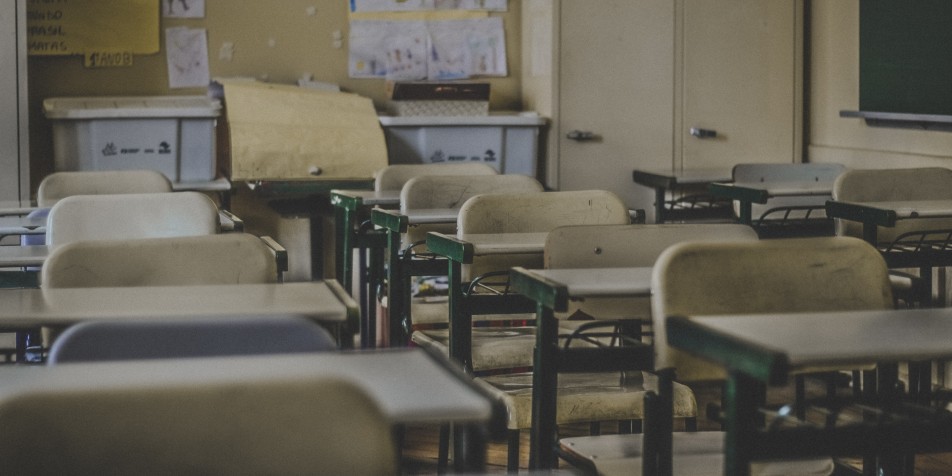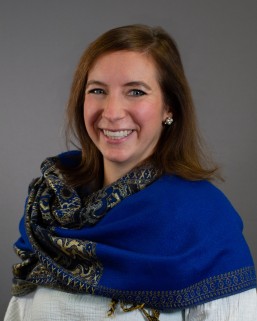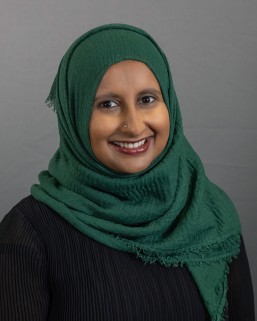Education in Prison: Remote Learning During COVID-19 Has Failed Students

Miseducation is a column that chronicles what it’s like to be a student in the modern United States.
The coronavirus pandemic has upended education in schools across the country as many students have been forced to learn remotely, sometimes without access to reliable internet or adequate technology. These conditions have made it much harder for all students to effectively learn, but one population has been hit especially hard: young people taking classes inside prisons.
According to laws on the books in most states, young people learning inside juvenile facilities are entitled to the same quality of education as their non-incarcerated peers. But in practice, this is rarely the case. A 2019 report by Prison Policy Initiative noted that youth in detention centers often report receiving severely limited education services, including special education, GED preparation, and job training. In 2018, EducationWeek cited 2018 data from Bellwether Education Partners that found only 55% of students taking classes in juvenile-justice facilities have access to algebra II courses, as opposed to 92% of students in traditional high schools. In its report, EducationWeek also noted that approximately 6 out of 10 students who attend school in a juvenile facility will never re-enroll in school after release, according to data from the Federal Interagency Reentry Council. This is in part because many students struggle to get credit for the courses they take while incarcerated: A 2020 study by the Juvenile Law Center found that only about 9% of respondents surveyed said young people were able to earn credit for all the courses taken in detention facilities while attempting to re-enter a traditional school.
“Even before COVID, young people who were incarcerated had a number of educational challenges,” Nina Salomon, the program director at the Council of State Governments Justice Center, tells Teen Vogue. “These students often come into the system already behind educationally, and then they fall further behind because they don’t have access to rigorous curriculum or support while in custody.”
Read the Full Article Here.

